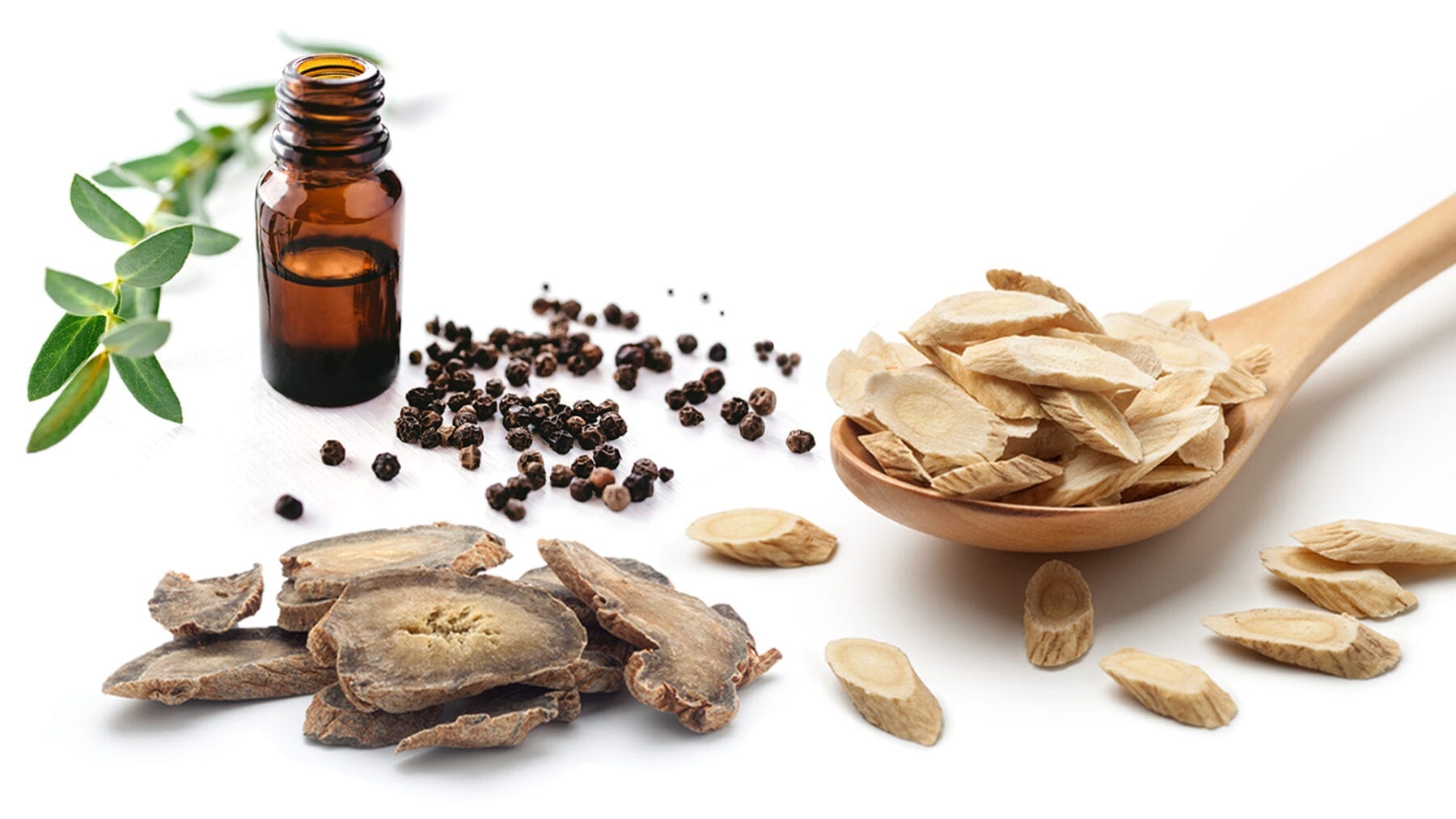
Written by Dr. Sheraz Khan
March 25, 2021
CATEGORIES
View All
BioWOW Foods® Safety/Quality
Full-Body Workouts
Healthy Eating
Joint Health
Self-Care Strategies
Supplements Guide
Featured Videos
The human body requires certain live microorganisms for its normal functioning. Several body systems rely on these microbes for their maintenance.
Probiotics are beneficial bacteria that can be obtained from supplements and fermented foods. Under normal conditions, your body has enough gut bacteria to maintain its state of health.
However, an imbalance in the homeostatic regulation of these microorganisms can lead to several diseases. Probiotics help prevent these unfortunate circumstances. Besides, they don’t cause any harm to your body. So, it’s safe to consume these supplements even in a healthy state.
In this article, we will explore the numerous advantages of taking probiotics supplements. We will study their effects on different body systems and their role in preventing various illnesses and inflammation. So, let’s take a look at the key benefits of consuming probiotics.
Homeostatic regulatory mechanisms enable your gut to maintain the balance between good and bad bacteria. Antibiotics can disrupt and impair this regulation resulting in diarrhea.
A systematic review involving several studies and clinical trials assessing the impact of probiotics showed significant improvement in digestive function in patients with antibiotic-associated diarrhea. In addition to treating diarrhea, they can also help prevent further conditions.
Studies have also shown that such supplements help restore the balance in gut bacteria. Therefore, they can be used in medical nutrition therapy.
2.) May Aid in Curing Eczema
Although there isn’t enough research to establish a direct link between the use of probiotics supplements and prevention of eczema, some studies have shown surprisingly positive results in infants and children.
A recent study involving 27 infants revealed that those who were fed milk supplemented with probiotics showed significant improvement in the symptoms of eczema.
However, more research is needed to validate the efficacy of probiotics in treating eczema and reducing the severity of other allergies.
3.) May Boost Your Immune Function
Probiotics play a potential role in controlling the growth of bad bacteria in the gut. They can prevent or shorten the duration of certain infections depending on their dose and strain.
Moreover, some probiotics supplements are actively involved in enhancing the production of certain antibodies and strengthening your immune system.
4.) Help Manage Symptoms of Gut Diseases
A growing body of nutritionists recommends taking probiotics supplements to treat gut disorders such as irritable bowel syndrome, lactose intolerance, and inflammatory bowel diseases.
According to a literature review published in 2010, the use of probiotics alleviates painful symptoms including stomach ache, bloating, constipation, and gas. It is also effective in treating mild ulcerative colitis. However, it affects the symptoms of Crohn’s disease to a small extent.
5.) Prevent Cardiovascular Disorders
The incidence of heart disease is dependent upon the concentration of LDL or bad cholesterol in the blood. Probiotics have been found to reduce the amount of cholesterol by breaking down bile components in the gut.
An analysis of multiple studies showed that consuming probiotic yogurt for 2-8 weeks lowered LDL cholesterol levels by 5%.
The Bottom Line
Probiotics are undoubtedly a healthy addition to your diet. They can enhance the function of the digestive, immune, and respiratory systems of the body. Above all, they are safe for consumption under all circumstances.
References:
1.) Probiotics for the prevention and treatment of … – PubMed – NIH.” 9 May. 2012, https://pubmed.ncbi.nlm.nih.gov/22570464/. Accessed 19 Mar. 2021.
2.) Probiotics and medical nutrition therapy – PubMed – NIH.” https://pubmed.ncbi.nlm.nih.gov/15481739/. Accessed 19 Mar. 2021.
3.) Probiotics in the management of atopic eczema – PubMed.” https://pubmed.ncbi.nlm.nih.gov/11069570/. Accessed 19 Mar. 2021.
4.) Potential uses of probiotics in clinical practice – PubMed.” https://pubmed.ncbi.nlm.nih.gov/14557292/. Accessed 19 Mar. 2021.
5.) The efficacy of probiotics in the treatment of irritable bowel syndrome ….” https://pubmed.ncbi.nlm.nih.gov/19091823/. Accessed 19 Mar. 2021.
6.) The role of probiotic lactic acid bacteria and … – PubMed.” https://pubmed.ncbi.nlm.nih.gov/25793197/. Accessed 19 Mar. 2021.
7.) Bile salt hydrolase activity in probiotics – PubMed.” https://pubmed.ncbi.nlm.nih.gov/16517616/. Accessed 19 Mar. 2021.
8.) The effect of a probiotic milk product on plasma cholesterol: a meta ….” https://pubmed.ncbi.nlm.nih.gov/11114681/. Accessed 19 Mar. 2021.
How Effective is Exercise for Heart Health?

Written by Dr. Mudassar Javed
Medical Officer (MBBS)



